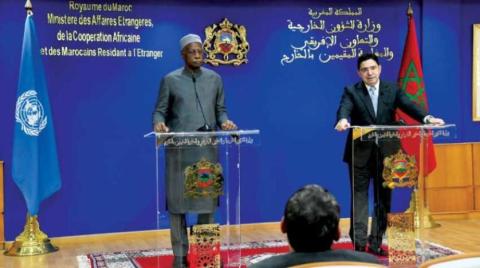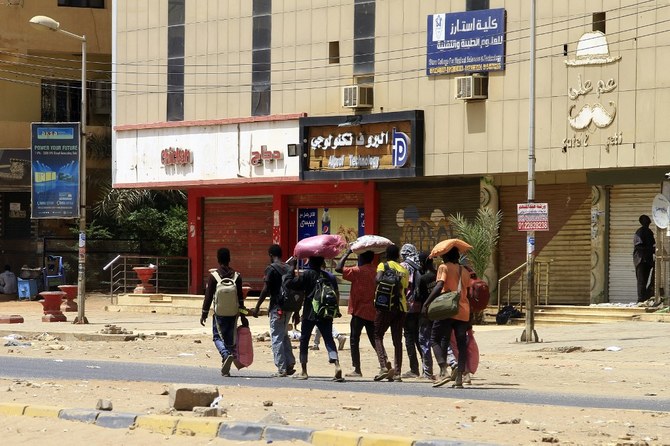
Sudanese President Omar al-Bashir has fewer options to placate demonstrators, the International Crisis Group (ICG), a think-tank which researches ways to prevent war, has said in a report.
Three scenarios appear possible as protests have rocked Sudan since December 19, when the government raised the price of bread.
One, continue to subdue protesters by force. This in turn would “almost certainly end prospects of the US lifting its remaining sanctions, including its designation of Sudan as a state sponsor of terrorism, which in effect bars Sudan from international debt relief or bailouts,” ICG said.
A second scenario could see protests gathering pace and prompting Bashir’s ouster by elements within his party or security elites.
“This might usher in a new government and fresh direction, though it could also trigger further instability,” it said.
A third scenario would see Bashir resign. This would allow for a leadership change that could mollify protesters. “Some of Bashir’s allies and former senior officials are encouraging him to step down in 2020,” it said.
“Fearing the next government would hold him accountable for corruption at home or, if he leaves Sudan, delivery to the International Criminal Court,” it said.
The Brussels-based think-tank said the first priority should be to minimize bloodshed on the streets.
“Foreign governments with sway in Khartoum should publicly discourage violence against demonstrators and call on the government to maintain forces … in check,” it said.
“Western powers should continue to signal that future cooperation, aid and, in the US’s case, normalization of ties, are at stake.”
“The UN Security Council might also offer to request the ICC defer investigation or prosecution of Bashir’s case for one year, pursuant to the Rome Statute’s Article 16,” it added.











